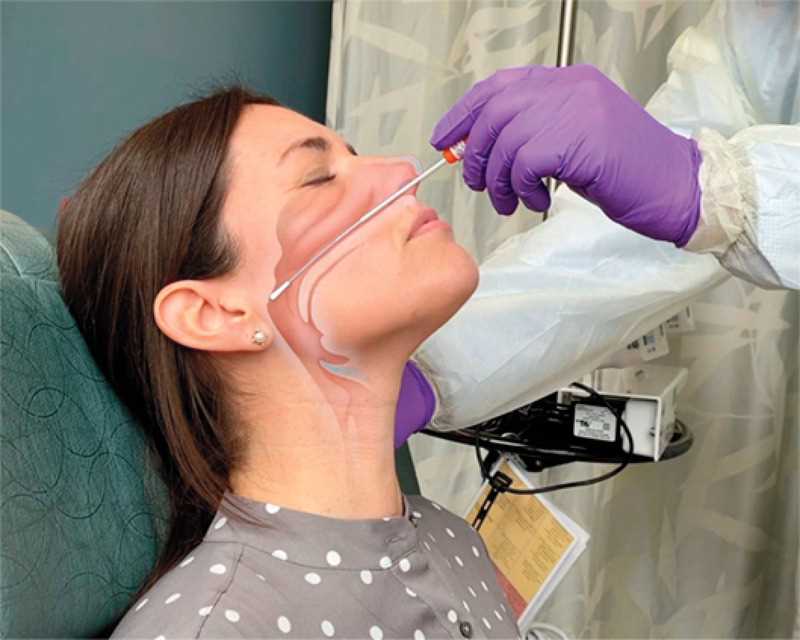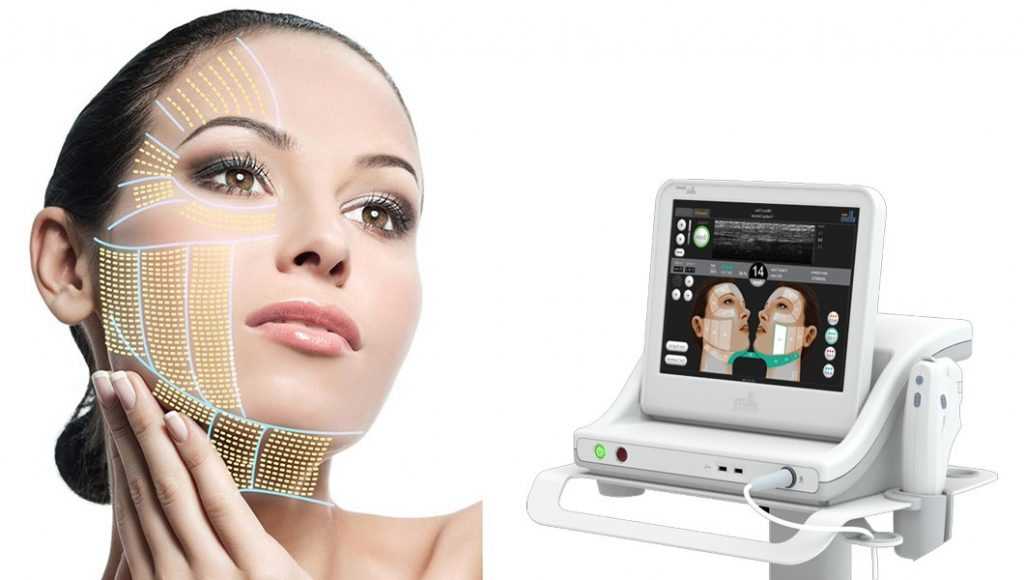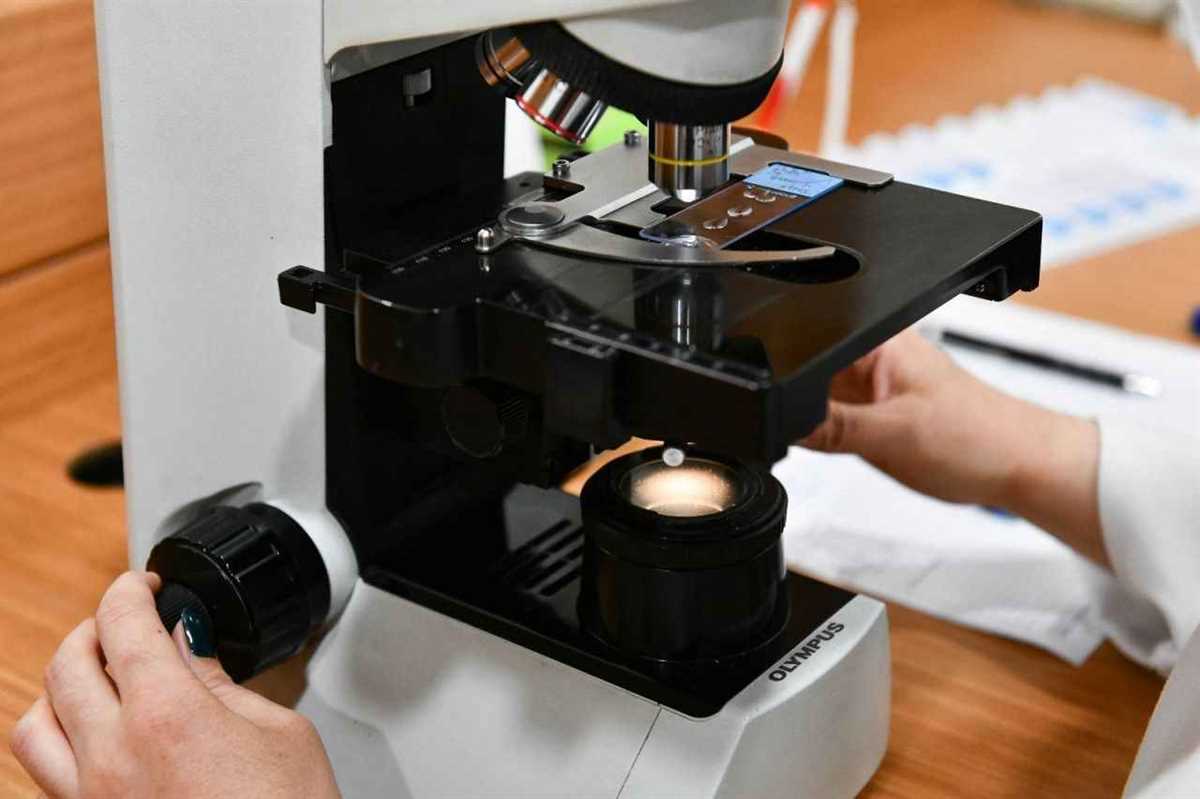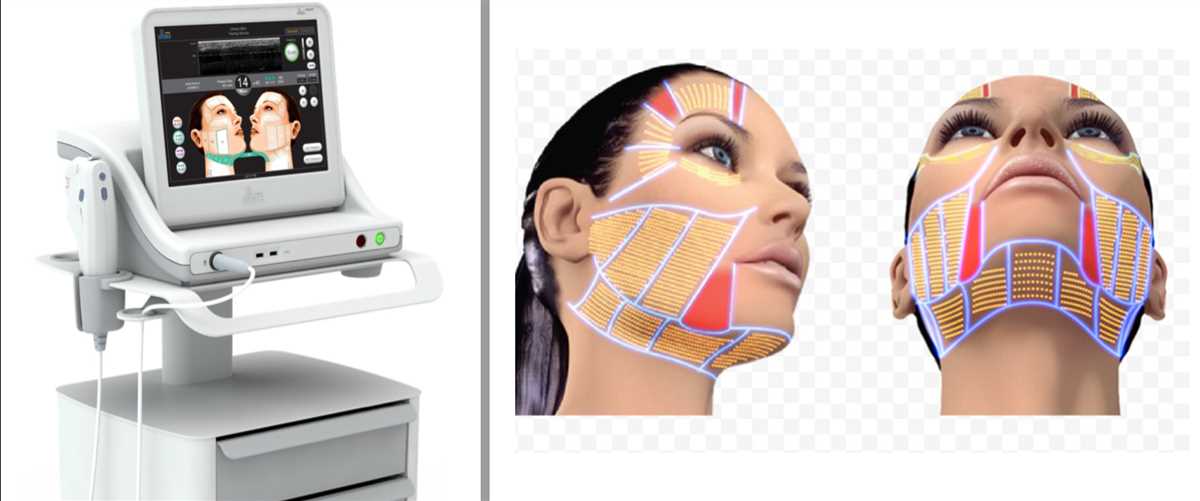
The Smas test is a diagnostic tool used to assess the strength and integrity of the Superficial Musculoaponeurotic System (SMAS). The SMAS is a layer of tissue that surrounds the muscles of the face and neck. It plays a crucial role in facial rejuvenation surgery as it can be tightened and repositioned to improve the appearance of sagging skin and wrinkles.

The Smas test involves applying manual pressure to specific areas of the face and neck to evaluate the resilience and tightness of the SMAS. The test is performed by a trained medical professional and is typically combined with other clinical assessments to determine the most appropriate surgical or non-surgical treatment options for patients.

The Smas test is a valuable tool in facial aesthetic medicine as it allows for a more precise and personalized approach to treatment planning. By assessing the quality and strength of the SMAS, healthcare providers can better tailor their interventions to address the specific needs and concerns of each patient. This can lead to more successful outcomes and higher patient satisfaction.
